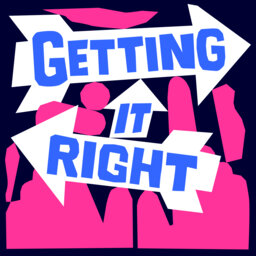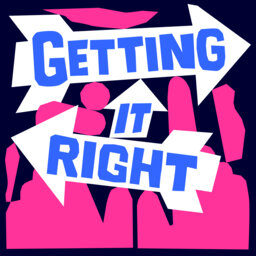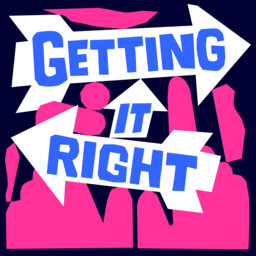A mentor can provide you with useful advice and a great sounding board to tease out workplace issues. But often women in particular are paired with a mentor, instead of being given a pay rise or promotion.
So, who is mentoring actually benefitting?
CEO of Jobsbank Karina Davis explains how you can build an effective mentoring plan that works for everyone involved.
+++
Getting It Right is a Jobsbank podcast. It was produced by Deadset Studios and hosted by Rae Johnston.
To find your downloadable Getting It Right Guide click here. Visit the Jobsbank Resource Centre for more information on inclusive employment and social procurement.
CREDITS
Host: Rae Johnston
Deadset Studios executive producers: Kellie Riordan, Ann Chesterman, Rachel Fountain
Deadset Studios producer: Luci McAfee
Sound Design: Scott Stronach
We acknowledge Aboriginal and Torres Strait Islander peoples as the First Australians and Traditional Custodians of the land on which this show was made.
In 1 playlist(s)
Getting it right
Is there a way to scale a good decision so that it works not just for your business, but for society…Social links
Follow podcast
Recent clips

Code-switching – Why some employees feel the need to “play a role” at work
12:13

Breaking down barriers – How to spot bias and remove it from your workplace
11:32

The view from the top – How to change the face of your leadership team
10:19
 Getting it right
Getting it right